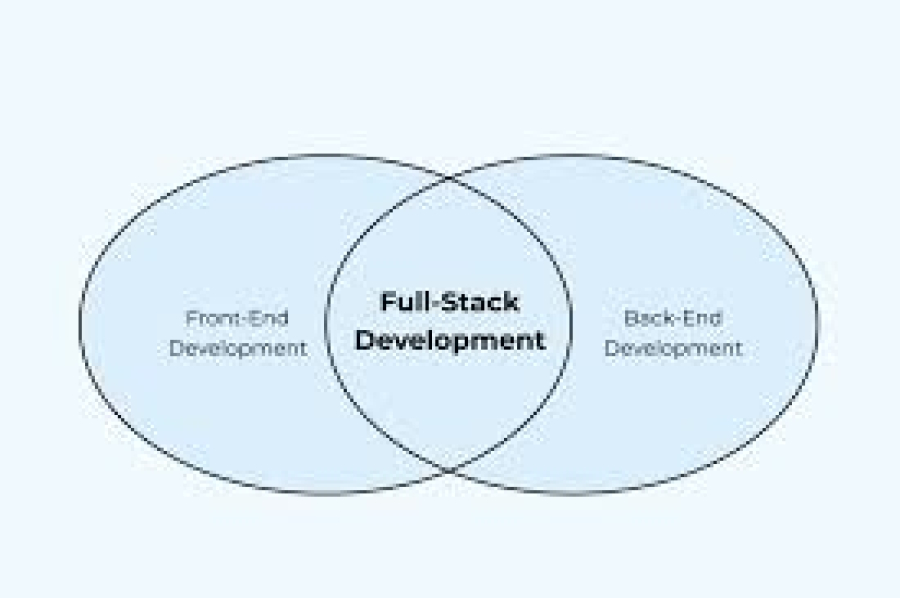How to Use JavaScript Closures for Better Code Efficiency
JavaScript is the backbone of modern web development, and one of its most powerful — yet often misunderstood — features is the closure. As a freelancer or developer, mastering closures can significantly improve your code’s efficiency, maintainability, and overall performance.
At freelancerbridge, we aim to help freelancers grow not just by completing tasks, but by understanding the deeper mechanisms that make code smarter. If you're looking to boost your JavaScript skills and deliver cleaner, more modular code to clients or personal projects, closures are your next step.
In this article, we’ll explore what closures are, why they matter, and how they contribute to writing efficient and elegant JavaScript code — no code snippets required, just pure understanding with practical SEO points for developers like you.
📌 Long Description (SEO with Bullet Points & Readable Flow)
🔹 What is a JavaScript Closure?
A closure is a concept in JavaScript where a function retains access to the variables from its lexical scope even after the outer function has executed. Simply put:
"Closures allow inner functions to remember and access variables from an outer function even after that function has finished running."
Closures are commonly used in real-world programming without developers even realizing it — from event listeners and timers to callbacks and private variables.
🔹 Why Should Freelancers Learn Closures in 2025?
As the freelance market becomes more competitive, deep JavaScript knowledge can help you stand out. Understanding closures allows you to:
Write more modular code that’s easier to test and reuse.
Avoid unnecessary global variables that lead to messy and bug-prone code.
Encapsulate logic in a way that protects data from unintended access or manipulation.
Build cleaner callback functions and work better with asynchronous operations.
Develop advanced patterns like currying, memoization, and function factories.
🔹 Real-World Applications of Closures
Closures are not just theory — they play an essential role in many areas of web development:
Form validation where input fields require specific logic tracking
Event handling where certain values need to be "remembered" when an event is triggered
Module patterns for keeping parts of the application private and protected
State management in front-end libraries like React, where closures are crucial in hooks
Understanding closures helps freelancers build more dynamic, responsive, and secure applications — the kind that clients love.
🔹 Benefits of Using Closures for Code Efficiency
Closures lead to better performance and scalability:
✅ Memory Efficiency: By maintaining references only when needed, closures help avoid bloated memory usage.
✅ Encapsulation: Protect sensitive data within a local scope — no more accidental overwrites!
✅ Reusability: Create general-purpose functions that can be customized without rewriting logic.
✅ Maintainability: Code is easier to debug, update, and collaborate on with others.
For freelancers handling multiple projects, these benefits translate to time saved, fewer bugs, and happier clients.
🔹 Common Misconceptions About Closures
Many developers avoid closures due to misunderstandings:
❌ “Closures are only for advanced coders.”
➤ In reality, closures are used every day in regular JavaScript work.❌ “They make code more complex.”
➤ They can simplify your code when used correctly.❌ “You only need closures for callbacks.”
➤ They’re useful far beyond just callback functions, especially in modular design.
At freelancerbridge, we believe that demystifying concepts like closures helps freelancers write smarter and gain more confidence in JavaScript.
🔹 Closures and SEO-Friendly Coding Practices
You might wonder — how do closures relate to SEO?
When closures are used efficiently, JavaScript-rendered pages perform better.
Google prioritizes faster-loading and well-structured sites, which closures can support by helping you write optimized scripts.
Efficient use of closures helps reduce DOM blocking, improving user experience and time-on-site — key SEO metrics.
For frontend freelancers building SEO-optimized sites or SPAs, closures help keep the JavaScript side of things tight and performant.
🏁 Conclusion
Closures are more than a technical trick — they are a powerful concept that empowers developers to write cleaner, more efficient, and scalable JavaScript. As freelancing continues to grow in complexity, those who understand such deeper concepts will be the ones who succeed and attract high-paying clients.
At freelancerbridge, we’re here to help you bridge the gap between average and exceptional. Start mastering closures today, and elevate the quality and reputation of your JavaScript work in 2025 and beyond.


 by Emily
by Emily




